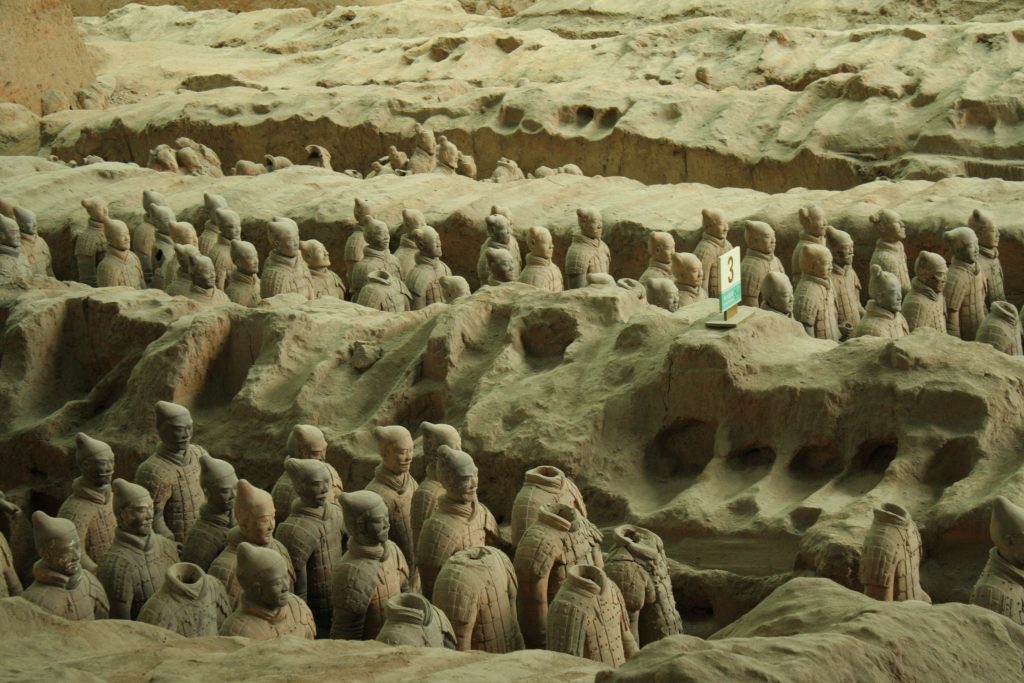
At Rutgers, we recently had a visit from the program officer of one of the most prestigious fellowship awards for which we help graduate students apply: the Social Science Research Council International Dissertation Research Fellowship. The IDRF supports 9-12 months of continuous, on-site dissertation research in countries outside the United States. Consistently among the most competitive fellowship programs, the IDRF remains a tough nut to crack, and Dr. Daniella Sarnoff’s presentation was especially helpful in that it provided insight into the kinds of work and scholarly approaches the SSRC is especially interested in supporting.
The outlines of the uniquely “IDRF-y” scholar (to borrow one of Dr. Sarnoff’s own coinages) began to emerge through some do-s and don’t-s that might not seem especially striking on their own.
DON’T submit a bibliography that contains only US-based scholarship. Citing the work of scholars from the country you plan to do research in sends a signal to your reviewers that you are aware of and thoughtful about your position as an American scholar. Reviewers will take note if you’re proposing to do a year’s worth of work in Mexico, but your bibliography cites only scholars who are based in the US.
In other words, the prototypical IDRF scholar is self-aware of her relationship to international scholarly communities.
DO mention experience working in local languages even if it’s not central to getting the research project done. It may be possible to do your work while speaking only English, but if you’re learning about languages and cultures of the countries you’re visiting, that tells your reviewers something significant about what kind scholar you are.
In short, the kind of applicant the SSRC is looking for is one who’s ethically engaged with what it means to study non-US cultures as US-based researcher.
DON’T use discipline-specific vocabulary to describe your work, or what is also called “jargon.” Throughout Dr. Sarnoff’s presentation, she emphasized the interdisciplinary nature of the review panel: your application will be read by people outside your field. Furthermore, the kind of scholar who best suits the interests of the SSRC—or, in this case, of the Andrew W. Mellon Foundation, which supplies the funds for the program that the SSRC manages—is the kind of scholar who is eager to engage related work in other disciplines in order to advance humanistic knowledge.
You don’t have to propose a fully interdisciplinary project, by any means—but do show that you’re comfortable engaging with work in other departments.
Ultimately, one of the themes that surrounded these do-s and don’t-s in Dr. Sarnoff’s presentation was that both the SSRC and the Mellon Foundation aim to shape an integrated cohort of scholars: a community of researchers who represent the future of the humanities and social sciences. They’re not simply going to send you a check and never touch base again. Once the fellowship tenure is over, for example, you’ll participate in workshops with all the other fellows to share and talk about your research and learn from one another. From the perspective of the funder, then, choosing the right applications is really about crafting a particular kind of scholarly community.
By showing that you are self-aware about your work, ethically engaged, and broadly considerate of how other disciplines might inform your approach, you’re really showing SSRC that you belong in the community of researchers they’re looking to curate.


Leave a Reply